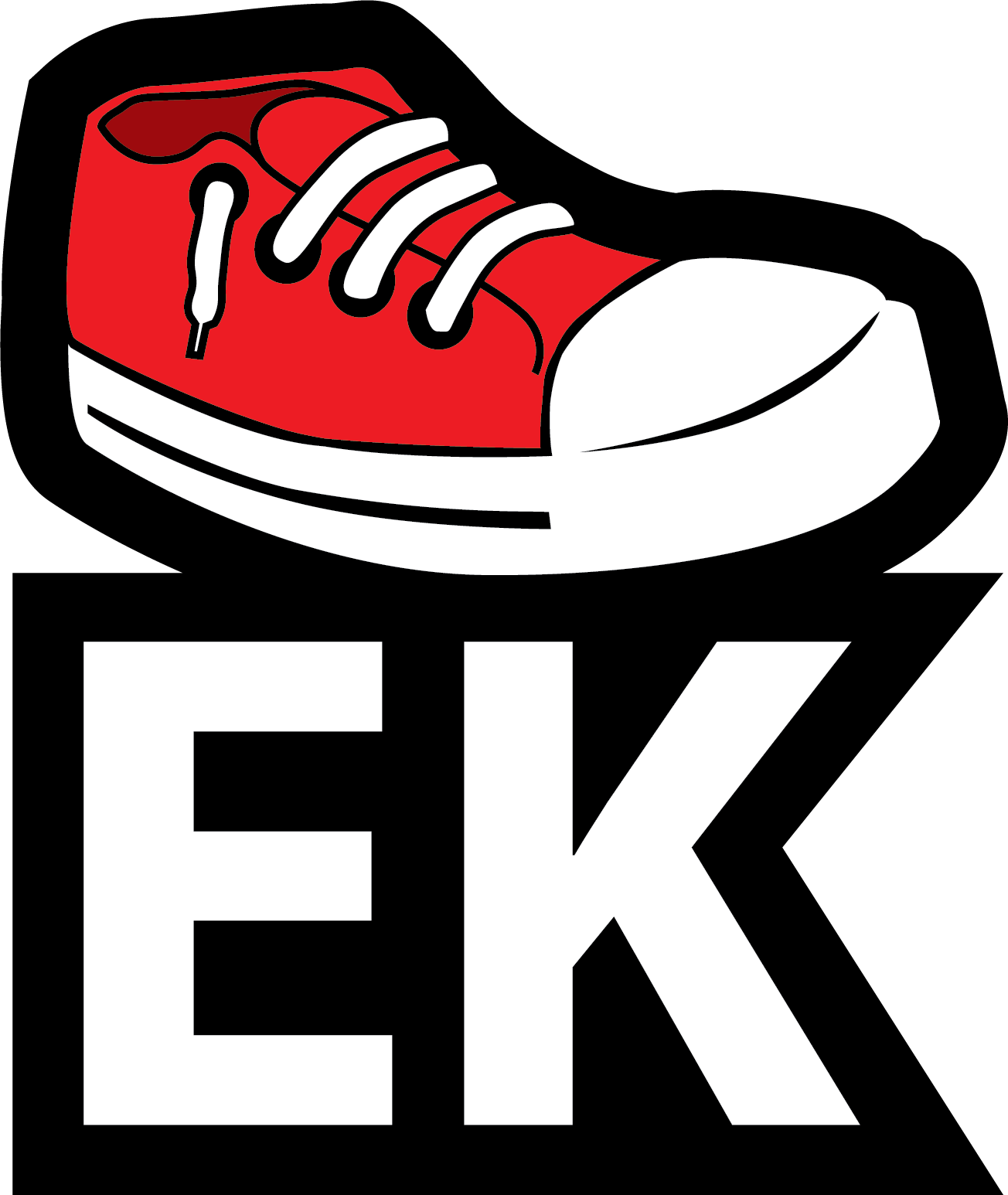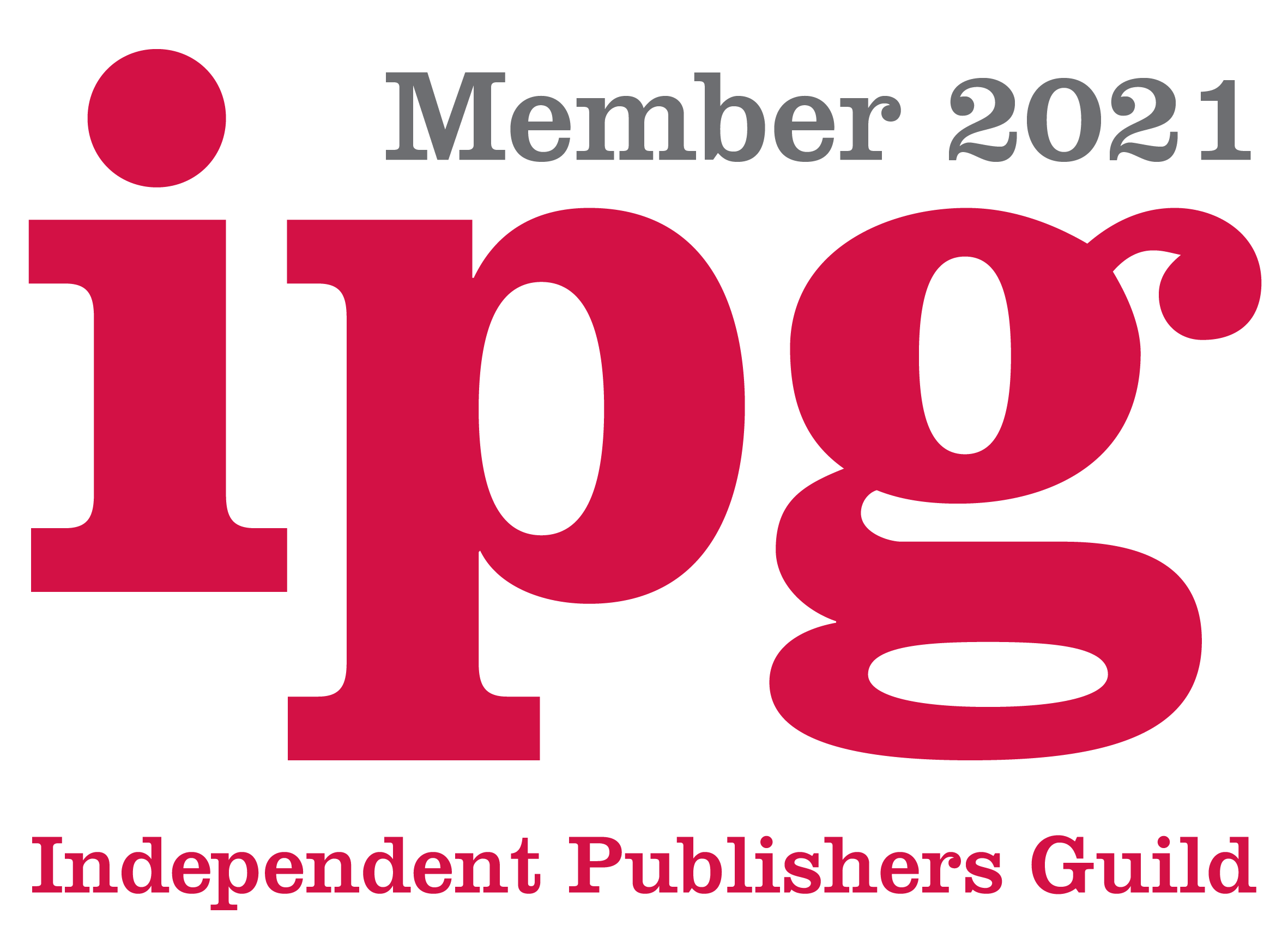Every month, students of Exisle Academy have the opportunity to send in their questions to be answered by our team of publishing experts.
This month, we answer several perceptive questions from Larissa, a student based in Australia who joined our Home Study program this month. Answers to her questions were written by our by Exisle Publishing's CEO, Gareth St John Thomas. Please note: questions and answers have been lightly edited for readability and flow:
Question #1: How Do You Find Out the Names of Publishing House Editors?
Larissa: I am after some more tips on "detective work" and getting an editor's name. Many publishing website have no names listed or a range of editors names with no information on which one publishes each category. I have rung a couple of publishers recently (following reading your pitch process – Detective work) and asked for the editors name to address my children’s picture book submission too, and the receptionist has just said to the Submissions Manager for example. What other ways can I get this information to personalize the letter?
Gareth: A good tool is often LinkedIn – where, if you put the name of the company concerned in the search box, you can drill down and find people’s names. For example, if you put "Elephant Publishing" into LinkedIn's search box, you can scroll through until you find people with the "Editor" job title at this (fictitious) publishing house.
Once you have a name, you can put that name into Google with the word "Email" and it's not uncommon you'll find a contact address for this specific person. You can also look at the way email addresses are formulated at that company, and reverse engineer it. To return to our "Elephant Publishing" house, if you found other emails in the format [email protected], and found an editor on LinkedIn called Jane Smith, then you could try [email protected] - this often works!
Another useful approach is to look at the trade press which often mentions particular names – for example look at The Bookseller in the UK or Publisher's Weekly in the USA and go over a few issues and you will find name of people who have been hired and moved between various companies. Viewing the publishing industry as if you were part of it can help you gain a level of insight that most writers wouldn't think to look for.
Question #2: On Writing a Cover Letter for Your Book
Larissa: My second question is: Do you have an exemplary example of a cover letter you are willing to share? (for when you are sending your manuscript to the publisher it fits best with).
Gareth: The sample query letter in the Pitch Perfect module does demonstrate what you need to do here so please give that a second look when you get the chance. Also do keep in mind, every book is different so there is no "ideal" form letter. What is important is that you understand that a decision to look at what you have sent is made in the first few seconds. So fire your best shot.
Some advice here: Avoid what the editor will have seen lots of of e.g. “This a unique and exciting story" almost guarantees that your submission will be instantly deleted. On the other hand, “Big blue bear makes friends with shark and three-legged cat” will likely get read!
Question #3: Social Media
Larissa: If you had to pick one or two forms of social media to promote a new author, what would you recommend?
Gareth: Ask yourself the question, "Where does your audience live?" If you're writing a business book, then LinkedIn is likely where your future readers 'hang out' online. If it's a kid's book, then Facebook and Twitter may be your best bet for interacting with parents and buyers. If you're into art and photography, then Instagram is a must. Choosing just one or two platforms and doubling down on them is definitely a good approach when you're just getting started and time is limited.
Ready to find out exactly how to break through and get your book out there? Exisle Academy Home Study is currently accepting new students. Learn More >>



